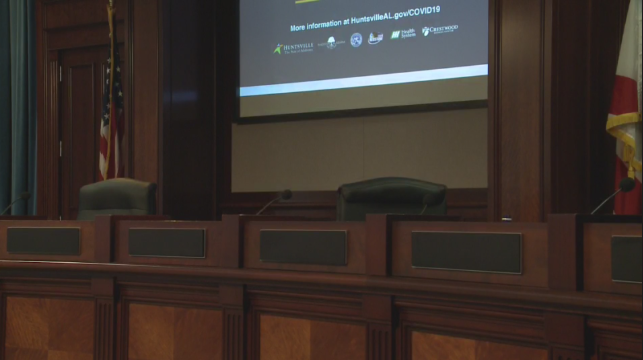Teachers in Oklahoma are approaching a full week of protests due to the poor state funding for education and teachers across the United States are joining them.
These teachers have staged a walkout in order to demand not only higher wages for themselves, but more funding for books and classroom supplies that they need to effectively teach their students.
According to Texas law, however, Texas teachers cannot strike or they could be at risk to “forfeit all civil service rights, reemployment rights, and any other rights, benefits, and privileges the employee enjoys as a result of public employment or former public employment.”
“I think that preventing teachers in Texas from striking is a dangerous form of censure,” SHSU alumna and Houston teacher Danielle Dunn said. “In Houston, at least, teachers’ salaries are significantly higher than in states like Oklahoma or West Virginia, but there are other issues that I am afraid to speak up about out of concern for my job security.”
Dunn says that the law prevents teachers in Texas from striking not only for wages, but concerns about things like Special Education programs and safety issues like having armed guards or armed teachers in schools.
In Oklahoma, a large concern is that the teachers are being incredibly underpaid, causing many seasoned teachers to leave the state for greener pastures.
“When I looked at [Oklahoma City’s] pay scale, a brand new, starting teacher in my district makes more than their top salary [22+ years] listed,” SHSU alumna and Conroe Independent School District teacher Lisa Lackey said. “That’s crazy.”
This has become a central theme of the walkouts across the country. These Oklahoma teachers and the ones in other states participating in the strike want their worth to be acknowledged and their efforts to be properly funded.
“K-12 teachers do one of the most important jobs that we can imagine, when you think about it,” Communications professor Dr. Richard Bello said. “Because these young children are being shaped and formed and molded. I would think we would want the most qualified people possible in those sorts of positions.”
The issue, then, is that if Texas teachers needed to strike in order to renegotiate anything, whether it be wages or funding or anything else, they do not currently have the ability to do so.
“To the teachers in Texas,” Bello said, “You need to get organized and start lobbying to change the laws preventing strikes.”
Bello said that if they lobby for higher wages and better conditions to teach in, they may get results if they can make legislators listen by appealing to how the cuts in funding affect the students and their education.
“I read in an article somewhere that said, on average, public teacher pay in Texas is among the lowest in the United States,” Bello said. “That would suggest that teachers need the right to strike, but short of that they need to get organized and persuade legislators to make some changes.”

















